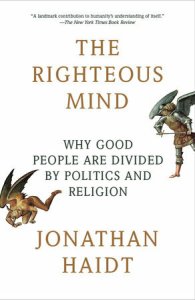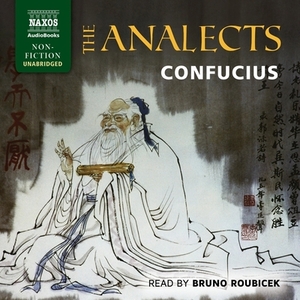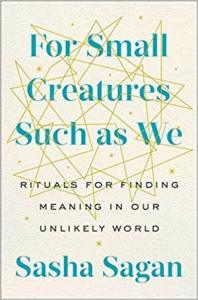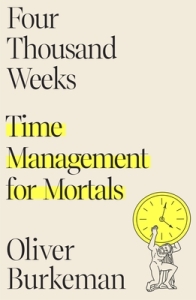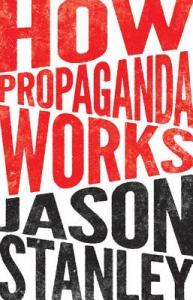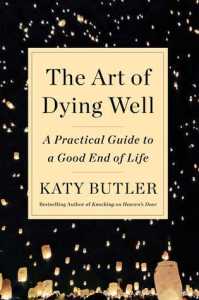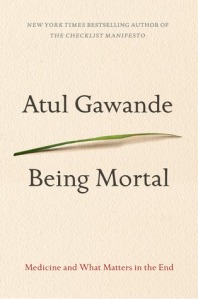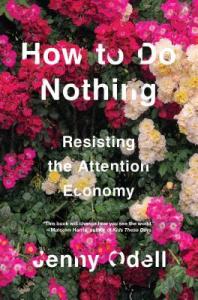Title: The Righteous Mind: Why Good People are Divided by Politics and Religion
Author: Jonathan Haidt
Genre: Philosophy/Current Issues
Trigger Warnings: Racism (mentions)
Back Cover:
Why can’t our political leaders work together as threats loom and problems mount? Why do people so readily assume the worst about the motives of their fellow citizens? In The Righteous Mind, social psychologist Jonathan Haidt explores the origins of our divisions and points the way forward to mutual understanding.
His starting point is moral intuition—the nearly instantaneous perceptions we all have about other people and the things they do. These intuitions feel like self-evident truths, making us righteously certain that those who see things differently are wrong. Haidt shows us how these intuitions differ across cultures, including the cultures of the political left and right. He blends his own research findings with those of anthropologists, historians, and other psychologists to draw a map of the moral domain.
He then examines the origins of morality, overturning the view that evolution made us fundamentally selfish creatures. But rather than arguing that we are innately altruistic, he makes a more subtle claim—that we are fundamentally groupish. It is our groupishness, he explains, that leads to our greatest joys, our religious divisions, and our political affiliations. In a stunning final chapter on ideology and civility, Haidt shows what each side is right about, and why we need the insights of liberals, conservatives, and libertarians to flourish as a nation.
Review:
This book was recommended to me somewhere. Potentially it was mentioned in another book I read. I don’t really remember. I don’t really know what got me to check it out from the library, either. It may have just been random.
But regardless of why, I’m so glad I did. This is a spectacular, remarkable, eye-opening book. From the back cover, it sounds like a book about politics. It is, in a way, but it’s about so much more than that.
In less than four hundred pages, Jonathan covers a lot of ground. He covers the general idea of morality – how we conceptualize morality consciously and subconsciously, how human “moral minds” work, probable reasons why we evolved to have a moral sense in the first place, why different cultures end up with different moral values, how morality affects society. By far the most revolutionary concept of the book, though, is the moral foundations. He identifies six different foundational values that systems of morality can be built upon, and explains how placing varying levels of importance on each foundation can lead to different systems of morality. And relating to the political bent of the back cover, he goes over in detail how American liberals, American conservatives, and American libertarians give different priority to the six foundations, leading to each group thinking the other is not just politically stupid but morally corrupt.
It was fascinating, and it explains so much. I don’t like books about politics, and I enjoyed this because it’s not about politics – it’s about the foundations behind political beliefs. The fundamental disconnect between liberals and conservatives causing America’s extreme partisan politics just got thoroughly explained to me in this book. And honestly, I think I can see the other side’s point.
We humans have a tendency to get immediately and defensively furious when someone criticizes a group we belong to. And no matter where you are on the political spectrum, there will be something in this book that will get you irrationally angry. When that happens, stop reading and take some time to cool down if you need to. Because if you can get past that anger and really listen to what this book is saying, you’ll learn a ton. So many things will make so much more sense. You may even start to look at people with different views in a new light.
I hesitate to say that one book could single-handedly fix partisan divides. But if everyone read this book and understood the ideas, it might help make some major progress towards less partisan politics. If nothing else, it will help on an individual level.
I learned so much just reading this straight through without stopping to think or take notes. But this is the kind of book that I want to reread and reflect on. The emphasis is on politics, but the moral foundations can explain so much of the world. I feel like my eyes have been opened. I legit think I need to rethink my political positions … and moral thoughts … and lots of things.

